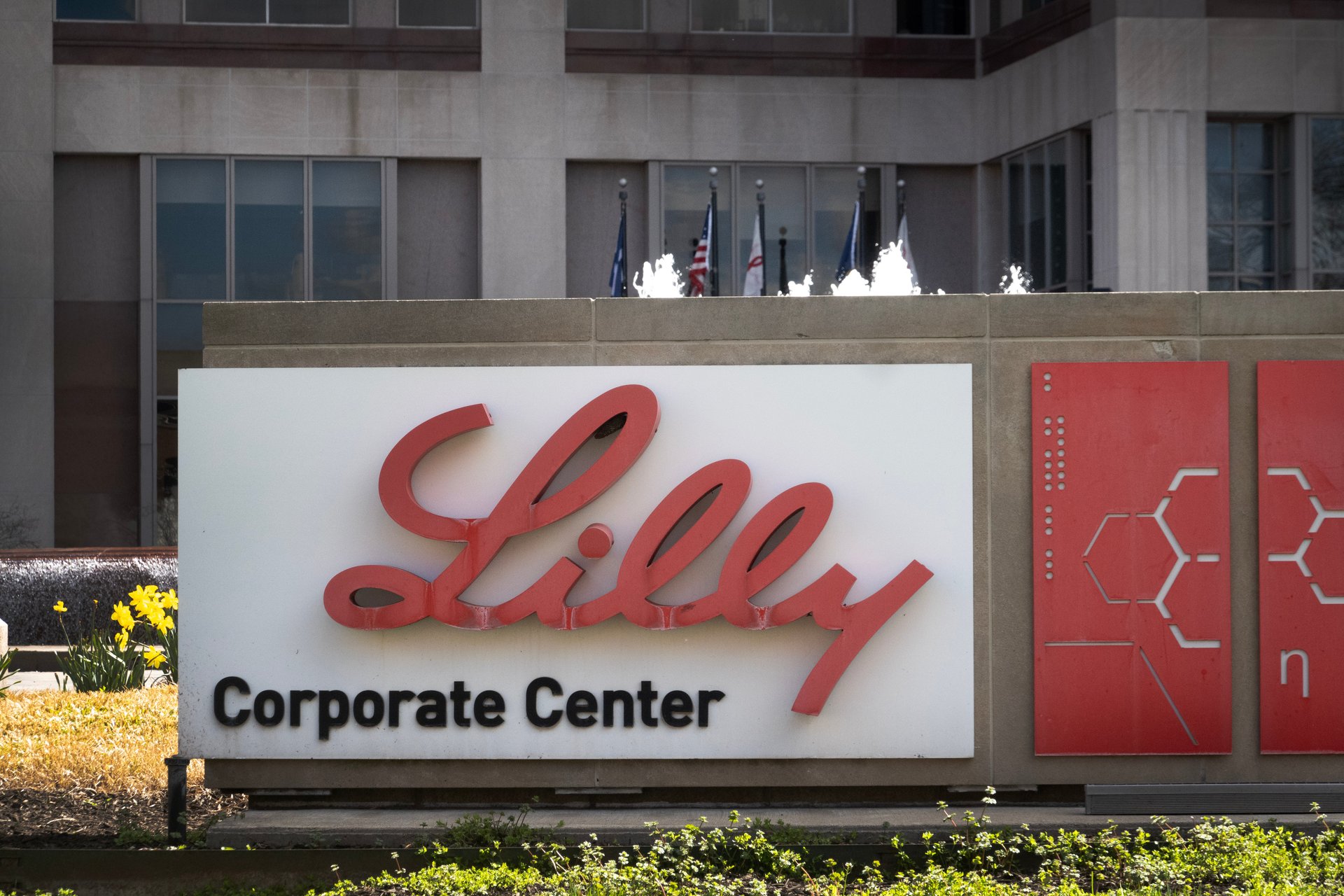Eli Lilly isn't selling as much Zepbound as expected — and the stock is sinking
Eli Lilly stock fell more than 13% after the company reported third-quarter earnings

Sales of Eli Lilly’s (LLY) blockbuster weight loss drug Zepbound are still booming, but just not at the level Wall Street was anticipating.
Suggested Reading
The pharma giant posted its third-quarter earning Wednesday morning and reported sales figures well below analysts’ expectations. This led to the company’s stock falling more than 13% in Wednesday morning trading.
Related Content
“Lilly had another strong growth quarter in Q3, with total revenue increasing by 42% after excluding divestiture activity in the same period last year,” said Eli Lilly CEO David A. Ricks, in a press release. “While the growth of Mounjaro and Zepbound is impressive, we are equally proud of the 17% growth in non-incretin revenue, which includes our oncology, immunology, and neuroscience portfolios, compared with Q3 2023 on the same basis.”
Sales of Zepbound, which launched last November, reached $1.2 billion in sales in the third-quarter of 2024, below analysts’ expectations of $1.7 billion, according to a consensus estimate from FactSet (FDS).
Sales of the company’s diabetes drug Mounjaro rose over 120% to $3.1 billion in the third-quarter, compared with $1.4 billion in the same period last year. However, the drug also failed to meet Wall Street’s expectations of nearly $3.8 billion in sales.
Zepbound and Mounjaro belong to a class of drugs known as GLP-1 medications. These drugs mimic a hormone that regulates appetite and blood sugar and have become highly sought after as treatments for obesity and Type 2 diabetes. Demand for these medications has turned Eli Lilly and its rival Novo Nordisk (NVO), the maker of competing medications Wegovy and Ozempic, into the largest pharma companies in the world.
However, due to their high retail price and skyrocketing demand, many patients have been having difficulty to get their hands on these treatments.
Eli Lilly and Novo Nordisk are both now working to increase their production of these meds and curb the sale of cheaper off-brand versions of their popular GLP-1 treatments.